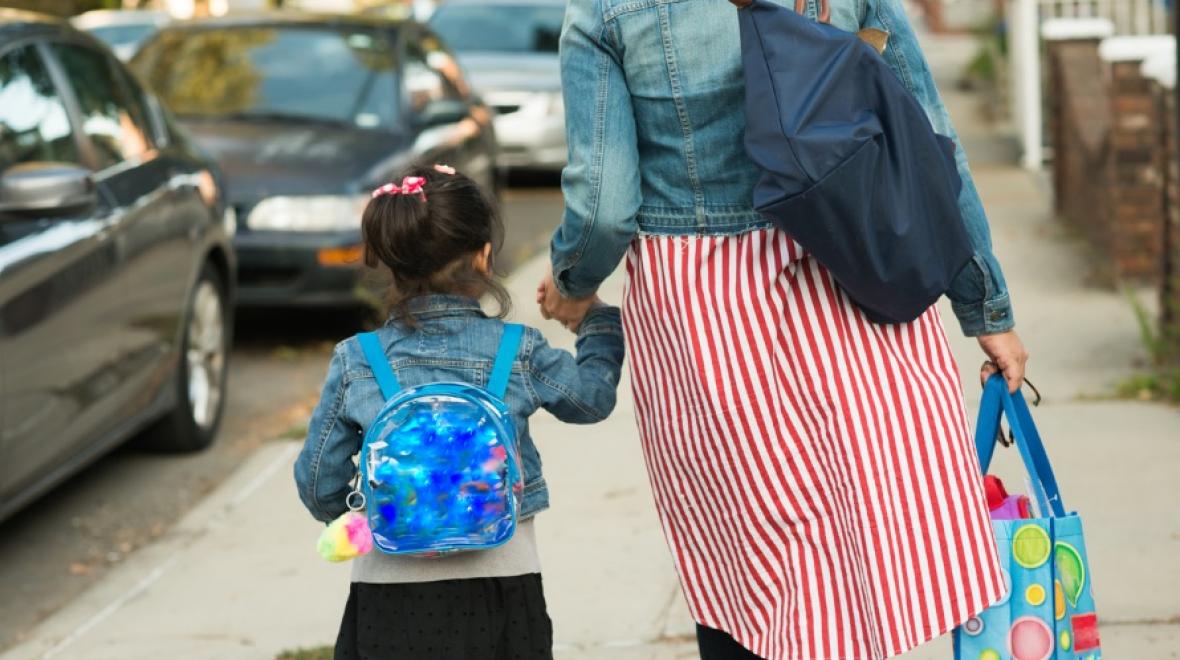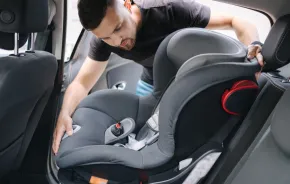
In early March of my daughter’s final year of preschool, I squeezed myself into a tiny chair across from her teacher.
Like so many other milestones, this was my first-ever kindergarten readiness conference. While I was nervous to be on this side of a parent-teacher conference, I wasn’t concerned in the least about what the teacher had in her red folder.
But when the teacher flipped it open and slid a thick packet across the table to me, and said, “I don’t think your daughter should start kindergarten in the fall,” I was floored.
My mind reeled at what I might have missed. Since she was born, everyone told me how smart she was and how eagerly she learned. My husband and I had been good but not great students, so these were all welcome compliments.
I had not attended kindergarten, so I felt the need to rely on the expertise of her teacher. She told me that our daughter wasn’t ready yet and we needed to hold her back.
She showed me the results of her testing, and my daughter had only identified two of the 26 letters and not a single number. She was also concerned that all-day school — the only option in our local public-school system — would prove too much.
“She is too emotionally unprepared,” she said.
I wasn’t sure what to make of this news. I tried to pinpoint the ways in which I could have messed up. I hadn’t been the model parent, certainly, but my daughter had completed her homework letter sheets most of the time.
That year I had relied a bit heavily on Elmo due to a difficult pregnancy, and now I worried that I had ruined my daughter.
Her teacher was throwing out suggestions like “transitional-K” and other bridge programs. I reached out to family and friends for their input, wondering if they had any insight as to why my daughter was not ready for kindergarten. Most were puzzled at the teacher’s recommendation but agreed she was the expert in this situation.
Finding affordable preschool had been a struggle, and we really loved the co-op we chose. Which was fortunate, because we were not able to afford any other option.
I felt shame at putting a price on my child’s future, but it had to be a consideration since I would be unable to afford any such program.
As I started researching options for keeping my daughter out of kindergarten the next year, I learned that the cheapest option would be a few hundred additional dollars. I felt shame at putting a price on my child’s future, but it had to be a consideration since I would be unable to afford any such program. The choice had been made for us: public school was free and sending her to kindergarten was our only option.
We held our breath and ignored the teacher’s recommendation, much to her dismay. That fall, our daughter started kindergarten.
For the first month or so, she barely made it through the front door before conking out from exhaustion. Learning her sight words took longer than it did for her classmates, but she soon thrived in kindergarten. By the end of the year, she was exceeding expectations and reading above grade level.
Now in seventh grade, she has grown into an exceptional student who makes the honor roll each quarter, and, in retrospect, I am thankful we didn’t have the ability to make any other call, as I do not think I would have had the confidence to do so.











